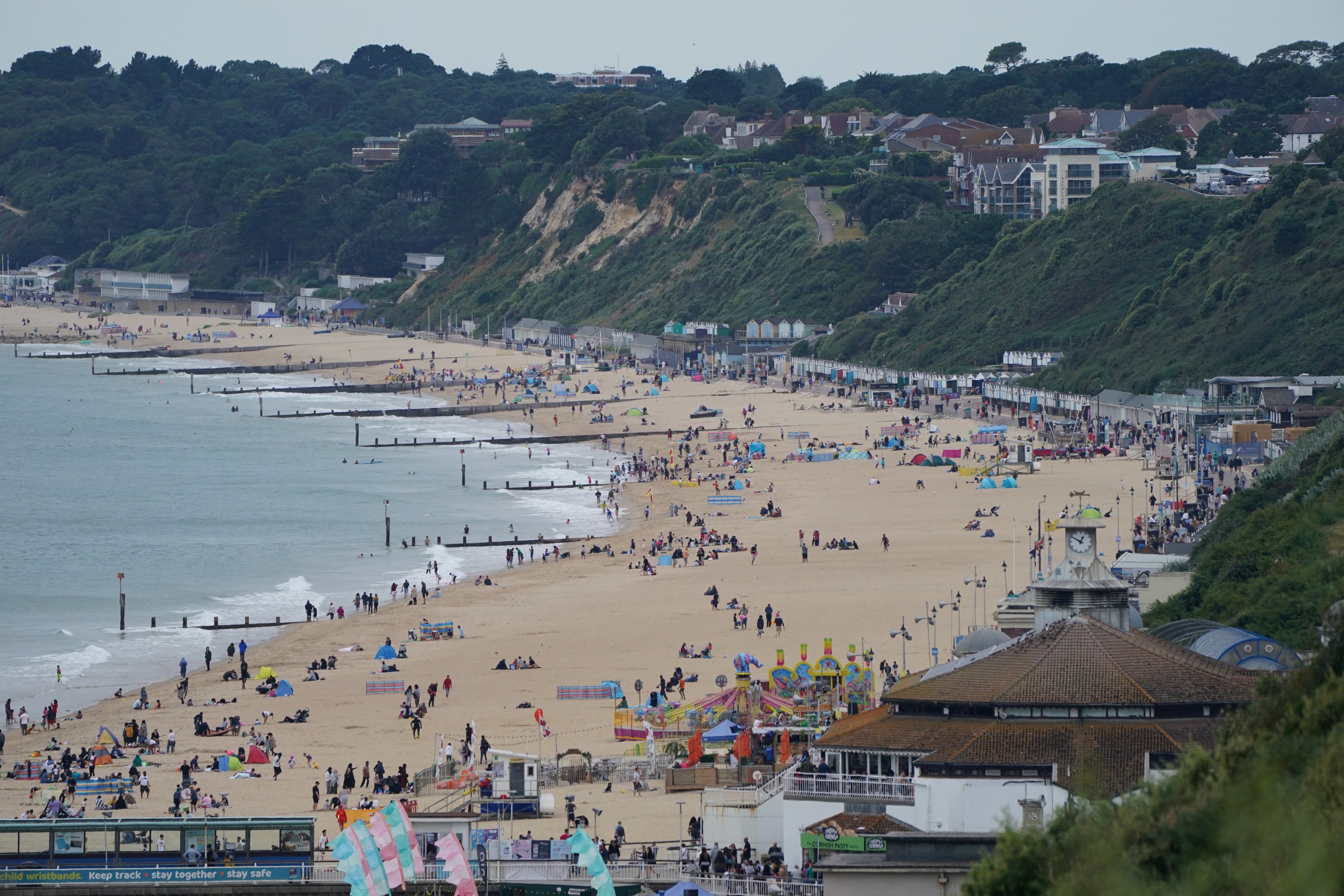No more tax breaks for second home owners with false holiday lets
People will be forced to pay higher rates if they cannot show they are genuinely renting out their properties to holidaymakers.

Your support helps us to tell the story
From reproductive rights to climate change to Big Tech, The Independent is on the ground when the story is developing. Whether it's investigating the financials of Elon Musk's pro-Trump PAC or producing our latest documentary, 'The A Word', which shines a light on the American women fighting for reproductive rights, we know how important it is to parse out the facts from the messaging.
At such a critical moment in US history, we need reporters on the ground. Your donation allows us to keep sending journalists to speak to both sides of the story.
The Independent is trusted by Americans across the entire political spectrum. And unlike many other quality news outlets, we choose not to lock Americans out of our reporting and analysis with paywalls. We believe quality journalism should be available to everyone, paid for by those who can afford it.
Your support makes all the difference.Second home owners who pretend to let their properties out to holidaymakers to save on taxes will be forced to pay more under stricter measures imposed by the Government
The Department for Levelling Up, Housing and Communities (DLUHC) is moving to close a loophole in the system which allows people to access tax breaks if they dishonestly claim their properties are being used as holiday lets.
As it stands, people who own second homes in England can avoid paying council tax and access small business rates relief by simply declaring an intention to let the property out to holidaymakers, the DLUHC said.
They do not need to show evidence that their homes are actually being used for this purpose, leaving the door open for people to abuse the system.
We will not stand by and allow people in privileged positions to abuse the system by unfairly claiming tax relief and leaving local people counting the cost
This will change under the plans announced on Friday – with second homeowners forced to pay council tax if they cannot show they are genuinely renting out their properties on a commercial basis.
From April 2023, in order to access the cheaper tax rates, they will have to prove their homes were let for a minimum of 70 days the previous year.
People will also need to show their properties were available to rent for 140 days that year, and will be again in the year to come.
Holiday let owners will have to provide evidence such as the website or brochure used to advertise the property, letting details and receipts.
The new measures are designed to crack down on those who “take advantage of the system to avoid paying their fair share”, the DLUHC said.
Michael Gove the Secretary of State for Levelling Up, said: “The Government backs small businesses, including responsible short-term letting, which attracts tourists and brings significant investment to local communities.
“However, we will not stand by and allow people in privileged positions to abuse the system by unfairly claiming tax relief and leaving local people counting the cost.
“The action we are taking will create a fairer system, ensuring that second homeowners are contributing their share to the local services they benefit from.”
Crispin Truman, chief executive of CPRE the countryside charity, said: “While we support plans to stop people abusing a holiday home tax loophole, these proposals don’t go far enough.
“There is a rapidly growing housing crisis across rural England and the Government needs to get a grip of it, fast. Ministers must do much more to meet the affordable housing needs of rural communities.”